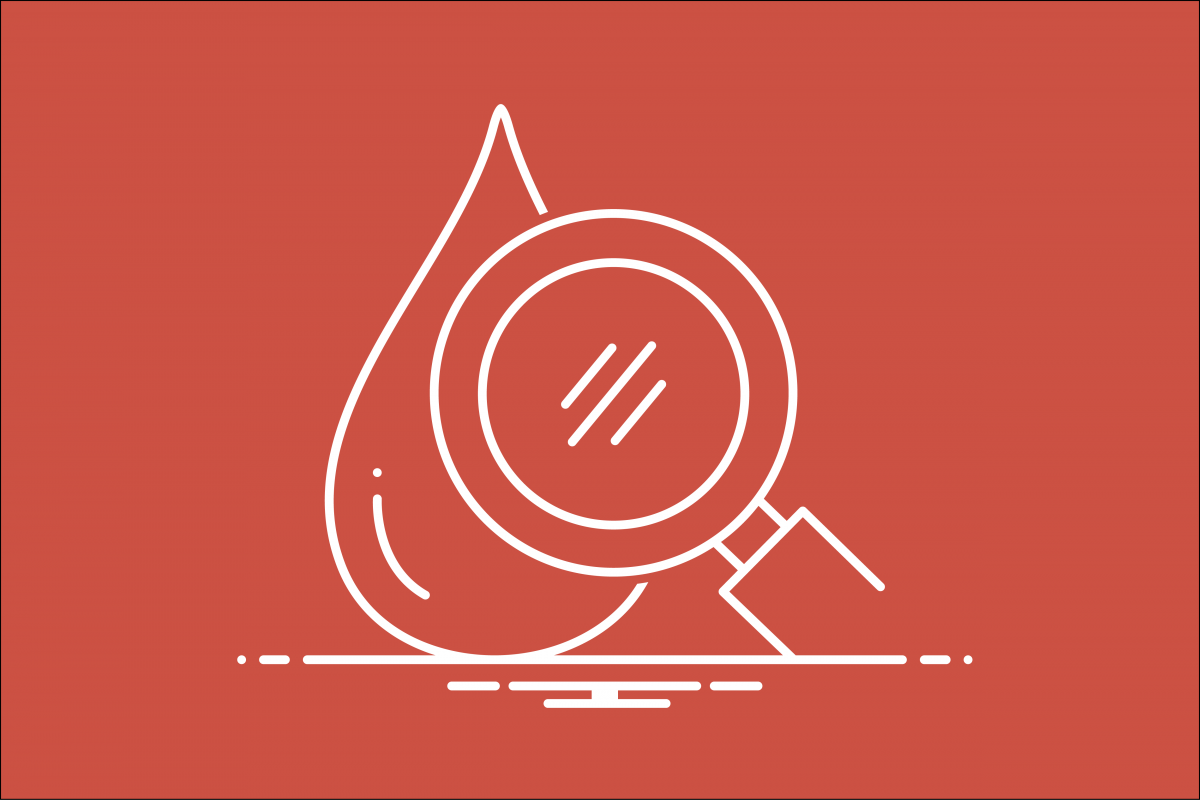Do you know your blood type?
Many people don’t, but knowing your blood type can help you make a lot of health and wellness decisions over the course of your life, so it’s good to know the basics.
What is blood?
Blood is made up of cells floating in plasma (a liquid made of proteins and salts).
- Red blood cells carry oxygen
- White blood cells fight infection (antibodies)
- Platelets help blood clot
What is blood type?
Blood type is defined by proteins, or molecules in your blood. These molecules are classified as either:
- Antigens, which trigger immune responses, or
- Antibodies, which stop intruders in the body
The combination of antigens and antibodies determines your blood type, which you inherit from your parents. There are 8 different combinations depending upon your group and Rh factor.
Groups
Blood groups are based on the combination of antigens and antibodies in your blood.
- A has the A antigen and B antibody
- B has the B antigen and the A antibody
- AB has both antigens but neither antibody
- O has neither antigen but both antibodies
Rh factor
This is a protein your blood either has or doesn’t.
- If you have it, you’re positive (which is much more common)
- If you don’t, you’re negative
What blood types are most common?
O positive is the most common blood type, and AB- is the rarest.
Why does blood type matter?
When different types of blood mix, clotting can occur because some blood types have antibodies that attack other kinds of blood. This can be fatal, and often was before blood types were discovered in 1930.
These incompatibilities matter when:
1. You need a blood transfusion
It’s best when a donor and recipient are an exact match, but they don’t have to be as long as they are compatible. In general:
- People with Type O blood can donate to anyone
- People with Type AB blood can receive blood from anyone (and can donate plasma to anyone)
- People with Rh negative blood can receive only from an Rh negative donor
2. You’re pregnant and you’re Rh negative
If your baby is also Rh negative, you are fine. If, however, your baby is Rh positive and you are Rh negative, problems can occur. This scenario doesn’t happen often, but your doctor can test you and, if needed, treat you with a few simple injections or a blood transfusion.
Who can donate blood?
Most people who are in good health, are over age 16 and weigh 110 pounds can give blood. You can review all the eligibility requirements here.
What kinds of blood are most needed for donation?
Both O negative and O positive are in high demand. The need for O negative blood is high because it’s used most in emergencies.
How do I find out my blood type?
Ask your doctor or donate blood.
Visit the American Red Cross website to use this interactive donation chart and to learn where to donate in your community. Chattanooga-area communities can visit Blood Assurance’s website for local donation locations and times.
Get more information about specific health terms, topics and conditions to better manage your health on bcbst.com. BlueCross BlueShield of Tennessee members can access wellness-related discounts on fitness products, gym memberships, healthy eating and more through Blue365®. BCBST members can also find tools and resources to help improve health and well-being by logging into BlueAccess and going to the Managing Your Health tab.





WellTuned provides inspiration and practical advice for healthy living.
WellTuned does not offer medical advice. Any personal health questions should be addressed to your doctor.